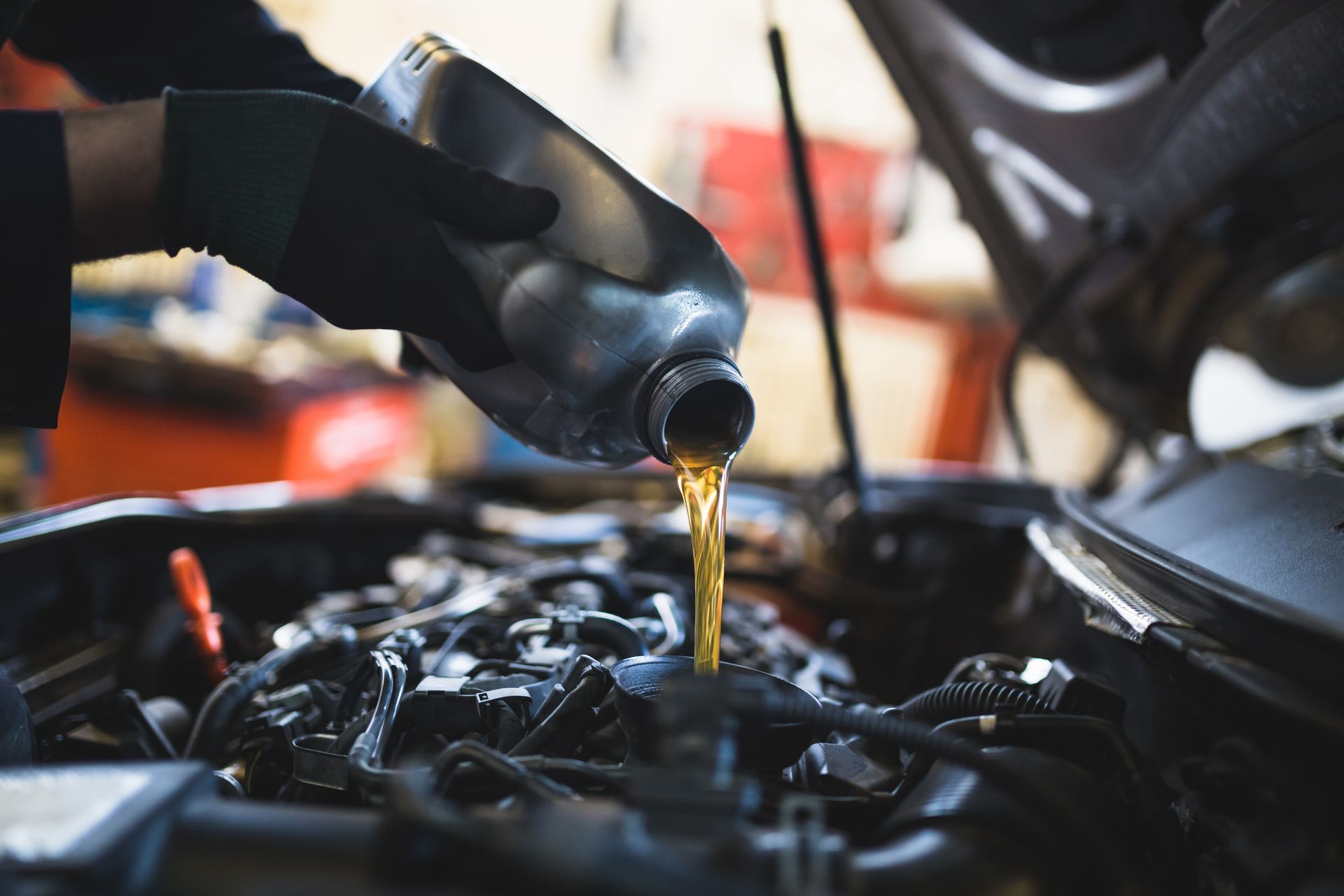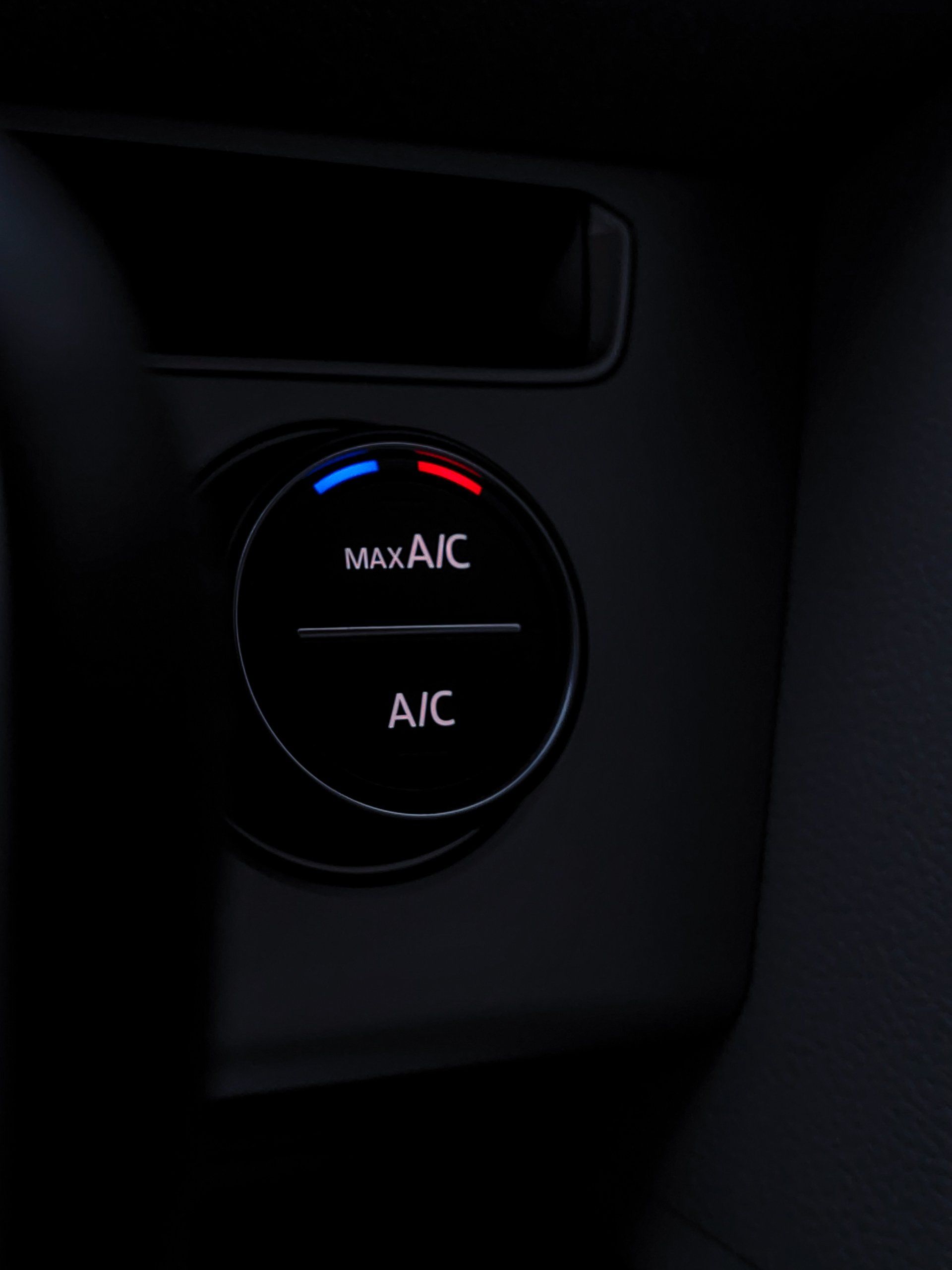The Complete Guide to Understanding Your Car's Brake System
Welcome to the ultimate guide on understanding your car's brake system, brought to you by Copa Mechanic, your trusted auto experts in Maricopa, AZ. Brakes are an integral part of your vehicle, ensuring your safety on the road. Here, we delve deep into the world of automotive brakes, making this complex topic accessible to everyone.
Understanding the Basics: What Makes Up Your Brake System?
Every vehicle's brake system is a sophisticated assembly, but its fundamental components remain consistent. Here's what you need to know:
- Brake Pads and Shoes: These are the friction materials that press against the rotors (disc brakes) or drums (drum brakes) to slow down your vehicle. They're crucial and wear down over time, requiring regular inspection and replacement.
- Rotors and Drums: Rotors are attached to your car's wheels. When the brake pads press against them, they help slow down the rotation of the wheels. Drums work similarly but are more common in older or rear brake systems.
- Calipers and Wheel Cylinders: In a disc brake system, calipers squeeze the brake pads against the rotor. Wheel cylinders perform a similar function in drum brakes.
- Brake Fluid and Lines: Brake fluid is the lifeblood of your braking system. When you press the brake pedal, the fluid travels through lines, creating the hydraulic pressure needed to activate brakes.
- Master Cylinder: This is where brake fluid gets pressurized. It's a critical component as it controls the pressure applied to each wheel.
- Anti-lock Braking System (ABS): ABS prevents wheel lock-up during emergency braking, allowing you to maintain steering control.
Regular Maintenance: Key to Brake Longevity
At Copa Mechanic in Maricopa, AZ, we emphasize the importance of regular brake maintenance. Here's what you should routinely check:
- Brake Pad Thickness: Worn pads can damage rotors and reduce braking efficiency.
- Brake Fluid Level and Quality: Low or dirty fluid can lead to brake failure.
- Rotor and Drum Condition: Warped or damaged rotors can cause braking vibrations and noise.
- Brake Lines Inspection: Leaks in the system can lead to brake failure.
Recognizing Warning Signs
Stay alert to these common signs that your brakes may need attention:
- Squealing or Grinding Noises: Indicative of worn brake pads.
- Soft or Spongy Brake Pedal: Usually a sign of air in the brake lines or low brake fluid.
- Vibrations When Braking: Often a symptom of warped rotors.
- Pulling to One Side When Braking: This can indicate uneven brake wear or a hydraulic issue.
The Role of ABS in Modern Vehicles
ABS is a game-changer in vehicle safety. It prevents wheels from locking up during hard braking, especially on slippery surfaces. This system uses speed sensors on each wheel and a control unit to modulate braking pressure, ensuring maximum stopping power without skidding.
DIY Brake Maintenance: What Can You Do?
While professional service is recommended for most brake work, there are a few things you can do:
- Check Brake Fluid Levels: Ensure it's within the recommended range.
- Inspect Brake Pads: Look for visible wear.
- Listen for Unusual Noises: Address any alarming sounds immediately.
Choosing the Right Service: Why Copa Mechanic?
At Copa Mechanic in Maricopa, AZ, we pride ourselves on providing top-notch brake services. Our expert technicians understand the nuances of various brake systems and use only the highest quality parts. Whether it's a routine check or a complex repair, we ensure your vehicle's brakes are in optimal condition.








